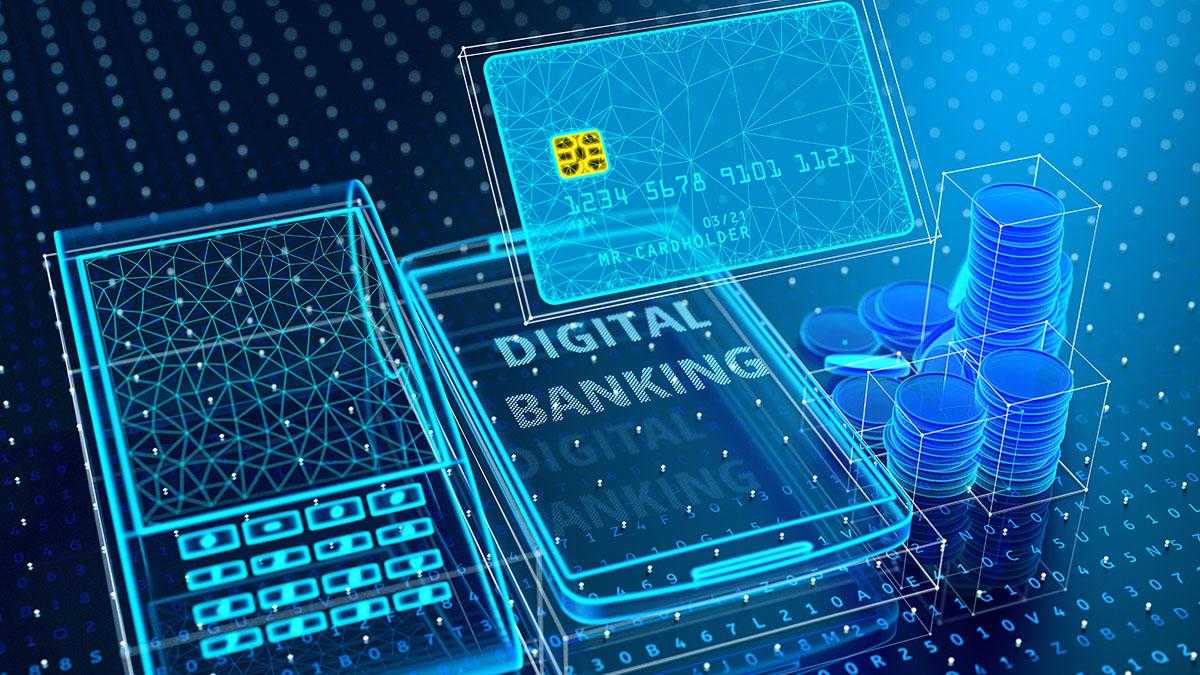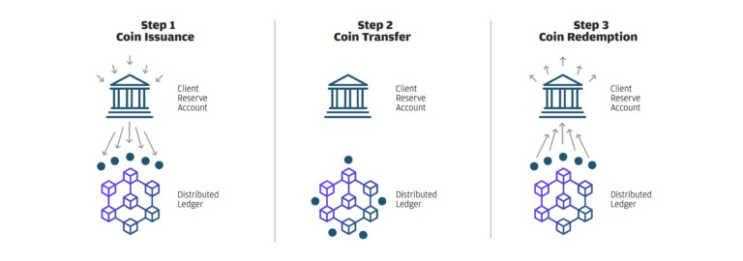-
Announced on Thursday JPM Coin would be tied to the US Dollar
-
A move for JP Morgan to evolve and keep up with “instantaneous payments”
-
Comes after the CEO described Bitcoin as “a fraud” back in 2017
JPMorgan Chase, America’s largest bank, is to launch its own cryptocurrency, JPM Coin. The cryptocurrency has a fixed value redeemable for one US dollar but won’t trade freely like bitcoin and many other cryptocurrencies.

In due course, JPM Coin will be “extended to other major currencies.” As for whether regulators support the coin, the bank said the cryptocurrency is “currently a prototype,” and as it moves toward production the firm will “actively engage our regulators to explain its design and solicit their feedback and any necessary approvals.”
JPMorgan believes JPM Coin can help lower its clients’ costs and risks, by making money transfers instantaneous and by reducing the amount of capital they need to hold onto. JPMorgan, one of the largest investment banks in the world with numerous products and services, moves trillions of dollars around the world every day on behalf of clients.
JPM Coin is aimed at major institutional customers, not individuals, although JPMorgan expects to roll it out to a broader range of customers later in 2019.
In 2017, CEO Jamie Dimon used adjectives such as “fraud” and “stupid” to describe bitcoin and although it has decreased by 80% in value, they seem to have had a change of heart. After making threats to fire any employee who traded cryptocurrency he seems to have back tracked and “regrets his comments.” A spokesman for the announcement of Thursday echoed this
“We have always believed in the potential of blockchain technology and we are supportive of cryptocurrencies as long as they are properly controlled and regulated,” said the bank “As a globally regulated bank, we believe we have a unique opportunity to develop the capability in a responsible way with the oversight of our regulators.”
How it will work
JPM Coin will initially run on top of Quorum (it’s internal blockchain project) the private version of Ethereum the bank developed in conjunction with EthLab – but not exclusively.
“The JPM Coin will be issued on Quorum Blockchain and subsequently extended to other platforms. JPM Coin will be operable on all standard Blockchain networks” a FAQ stated
To drive home the point about limited access, it added: “Only institutional customers passing J.P. Morgan KYC can transact with these coins.” Nevertheless, JPM Coin will function similarly to other stablecoins, in that real-world cash will be deposited at the bank in exchange for the token, which can then be transferred via a distributed (and permissioned) ledger. The recipient can then redeem the token for cash from JPMorgan. The graphic below explains the process:
Side Hustles
It must have been in the pipeline since or certainly in and around Dimons well publicised comments back in 2017. JPMorgan has long shown interest in the potential of blockchain technology. In 2015 it joined a consortium of banks headed by R3, a NY fintech based firm. The premise was to create standards and protocols around how the blockchain could be used in banking but the consortium in that form last just over 2 years as JP Morgan pulled out.
The bank is also involved in a blockchain payments trial partnering with Australia’s ANZ and the Royal Bank of Canada. The three banks collaborated in October 2017, aiming to reduce time and costs required for interbank payments using traditional methods.
Dubbed “The Interbank Information Network” (IIN), the platform is also built on Quorum. Rumour has it that if developed and commercialised properly it could be its own enterprise. The release of JPM Coin won’t be a conflict of interest however:
“IIN transfers information, not payments, between correspondent banks. The JPM Coin, representing fiat currency, is designed to instantaneously transfer value,”
Ironically, JPMorgan, at the start of the year in a secret report, were bearish on cryptocurrency downplaying some of the benefits blockchain technology could bring that cryptocurrencies would only have value in a dystopian economy. They were sceptical on how blockchain could improve trade, finance and processes.
“Blockchain is unlikely to re-invent the global payments system, but instead can provide marginal improvements to various parts of the process,” the report said.
However, it seems CEO Jamie Dimon meant to say instead of “Someone is going to get killed”, he meant “someone (i.e. him) is going to make a lot of money.”
